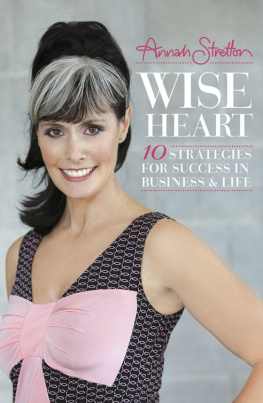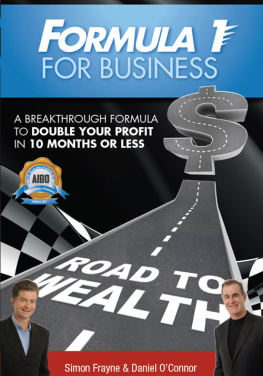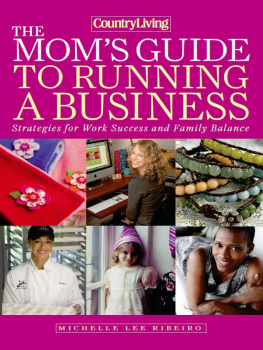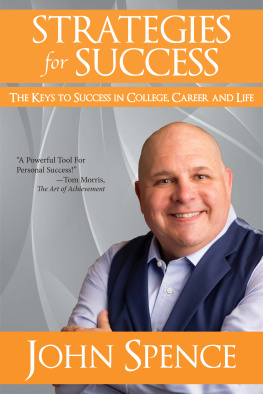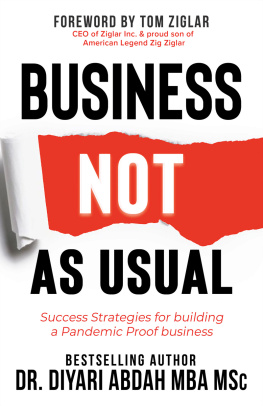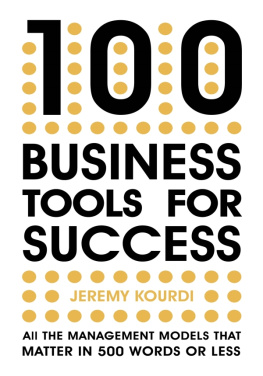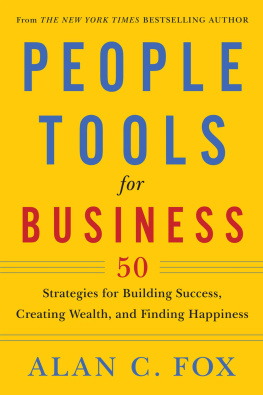WISE
HEART
I n a Veuve Clicquot vineyard not far from Reims, in France, there is a vine with my name on it. I christened it with Champagne last year in a special ceremony that is one of the highlights of the Veuve Clicquot Businesswoman of the Year awards.
The Veuve Clicquot awards were founded in 1972 to honour Madame Clicquot Ponsardin, the founder of Veuve Clicquot literally, the Widow Clicquot who took over the Champagne house on the death of her husband in 1805. Aged just 27, she ran a business that was involved in banking, wool and Champagne. The Widow revolutionised the industry with a new technique that created drier wines with smaller bubbles, wines that were clear not cloudy as they had been in the past. By the time she died 61 years later, the company was already an iconic brand.
The awards recognise women from all over the world who have not only achieved in business at a high level, but who have also brought something more to their businesses and their lives. I was honoured to have competed against a group of outstanding New Zealand finalists and to be standing alongside 11 impressive women who had won the same award in their own countries.
Over the two days in Reims, I got to know these women and couldnt help but be inspired by some of the things they had achieved. We were wined and dined, shown through Veuve Clicquots cellars and, of course, treated to generous amounts of Champagne, including a four-course dinner matched with different Clicquot Champagnes. A highlight for me was a Paris fashion exhibition of Madame Vionnet, a legendary French designer known for her elegant, classic designs that flattered a womans shape. The exhibition was wonderful, and the relevance was not lost on me I had known very little about her before, but was able to absorb her wonderful designs and incredible story.
So by the time we came to christen the vines, I was aware of just how special this occasion was. It was a grey, overcast spring day and there was a chill in the air. Given the award is so new to New Zealand, our vine is one of the last in the rows, but the wait while the other ceremonies took place didnt detract from the honour and prestige of the occasion. I stepped up to the vine and was guided through the process of christening it by the master of ceremonies, a direct descendant of Count Edouard Werle, the Widows business partner.
The wonderful conclusion for me is that the Annah Stretton grapevine will go on producing fruit for generations to come, long after I have left this world, and probably long after the business that also carries my name has ended. In a way, this continuity was the biggest part of the award for me, creating a wonderful provenance for my children and their continuing generations. Each year, on the day of Madame Clicquots birthday conveniently, a day before mine a magnum of Grand Dame Champagne will arrive to commemorate the achievement. Ill drink it with very special memories, of that day and of the journey that brought me to that vineyard in France.
I wasnt born to business. My fathers family thought of themselves as Wanganui gentry, and my mothers father worked in insurance. My own father was a lawyer and, when a job came up in Havelock North in the Hawkes Bay, Dad relocated the family to a big old villa in the Havelock village, where we grew up. Eventually, there were five of us children.
We had a somewhat unconventional upbringing. While all my cousins, the sons and daughters of farmers, went to private schools, we went to the local state schools. My parents had an uneasy marriage my father didnt enjoy great health, and by the time I was nine they had decided to part ways. Unusually, they lived together in the house, wanting to keep the family unit together even if they werent, which in those days was a very progressive thing to do.
They both had other partners and Mum came and went a few times. Eventually, when I was 16, she met and fell in love and finally left Dad and the house for good. She moved to Pahiatua to lease the Club Hotel, taking my three younger siblings with her, while my older brother and I decided to stay with Dad in Hawkes Bay. It made for a very loose upbringing; Dad basically left us to our own devices, so my brother and I virtually raised ourselves. I was into boys and parties and pretty much anything else that teenage girls get into.
Possibly one reason I didnt go completely off the rails as a teenager was because of my mothers example. Even today she works a full day at my clothing company, where she runs our administration. Back when she ran the pub in Pahiatua, she would get up early and she and her new partner would work through a cleaning routine, then shed work her way through all the varied tasks she had on for the day. Often, her evening wouldnt finish until late, when the last drinkers had left the public bar.
I saw it firsthand when I went to live with her. Id planned to skip seventh form and work behind the bar for a year before heading down to Dunedin, where I was to enrol in a fine arts course at Otago Polytechnic. But after spending my Christmas holidays working in the public bar, I decided going back to school to do my last year was a far better option!
It was an enjoyable year, and one where I met some of the girlfriends I still have today. The following year I moved to Dunedin and started my studies in art. I loved student life, but at the end of two years I realised that with a string of Bs and Cs I was no Ralph Hotere, so I left. It was a three-year diploma and I just didnt see the point of carrying on with something I wasnt in love with.
Not quite sure what I wanted to do with my life, I moved to Taupo to take a job as the restaurant manager at THC Wairakei. Id worked in hospitality before but this was to be my first job in management. They had no idea how young I was, and at the tender age of 19 I was soon managing a staff of 25 and running conferences for 1000 people. Ive never been put off by a challenge and Ive never been in a situation and thought, I cant go through with this. I made a lot of mistakes, but the school of hard knocks is a great teacher and the mistakes I made then and since have been the foundation stone of my success. When Im tripping and falling, I simply learn so much more.
At THC I also met John Stretton, my first husband. He was working in maintenance at the hotel, but given that didnt pay very much we decided to move back to Hawkes Bay where he could work on the pea harvesters and we could save money by living with Dad. Apart from working at a vineyard and a local restaurant, I spent a lot of time partying and sunbathing around Dads pool.
My brother was working and training as an accountant. Dad, he and I often got into debates about the right brain versus the left brain. One of Dads real interests was the concept of nature versus nurture, whether people were born a particular way or whether they were brought up to be that way. Dad and my brother believed that it would be difficult to teach a creative person to think in an analytical way. I knew a creative person could apply their mind to do anything, but a left-brainer would never be able to be creative as being creative is intrinsic.

